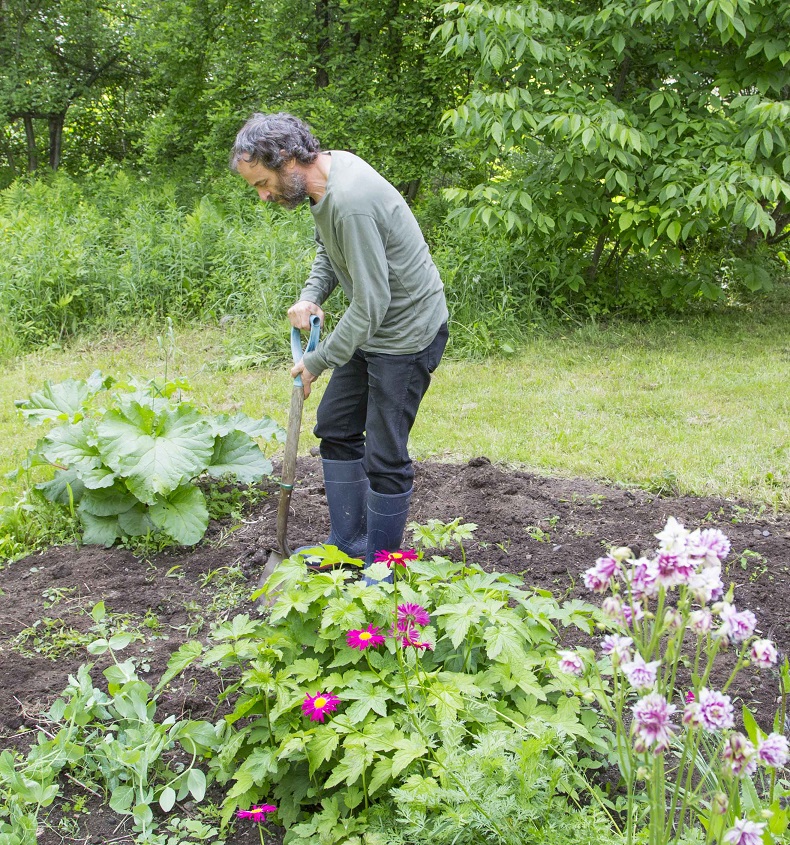The basic vision of philosophical practice is inspiring: that philosophy can make our life better. The question is how to translate this grand vision into actual practice. Two paradigms to address this question dominate our field: First, the paradigm of philosophical practice as critical thinking. Second, the paradigm of philosophical practice as a free dialogue, free of methods and presuppositions.
I have said many times that both of these paradigms seem to me deeply problematic, although I will not discuss this here. I will only note that Agora’s historical texts show us that what historical philosophers do is not critical thinking and not free dialogue. Philosophers do something else: They reflect on fundamental life-issues (not on Joe’s or Sarah’s personal problems), and they compose complex understandings, always in dialogue with past and present philosophers.
But how can this activity be relevant to the life of the person in the street?
Over the past two years, some of us have been experimenting with new formats, especially with the group-activity of PHILOSOPHICAL-CONTEMPLATIVE COMPANIONSHIP and the one-on-one (or one-on-two) activity of PHILOSOPHICAL MENTORSHIP. In both of these formats, participants reflect on short philosophical texts (usually from Agora) which inspire them to compose their own understandings, in a process that is often nourished by their personal experiences. This is certainly true philosophizing!
The fundamental idea here is that philosophical ideas are not dead pieces of information, not finished “theories.” They are living “voices” that can speak to us, move us, inspire us, awaken our inner depth. And we, in response, can interact with them and give birth to deep understandings that open us to new realities. This can happen if we learn how to listen and respond from our inner being, not from our automatic opinions and thinking patterns.
This is a new paradigm about how philosophy can become a practice. It says that philosophical practitioners are like gardeners. Gardeners don’t tell the plant how to grow. They only supply the appropriate nutrients, water and sun, and the plant “knows” what to do with them. Life has its own powers of growth.
Similarly, philosophical practitioners know how to nourish the person with deep philosophical ideas, as starting points for inner growth. They don’t impose theories on life, they don’t apply methods of analysis, or logical tricks. They help individuals encounter nourishing philosophical voices, like sun and water for the plant. And if the gardening is good, then our life, like a plant, has the power and the wisdom to respond to these voices in its own personal, unique way. A deep philosophical voice is a form of nourishment, and you don’t have to “agree” with it in order to use it to grow.
